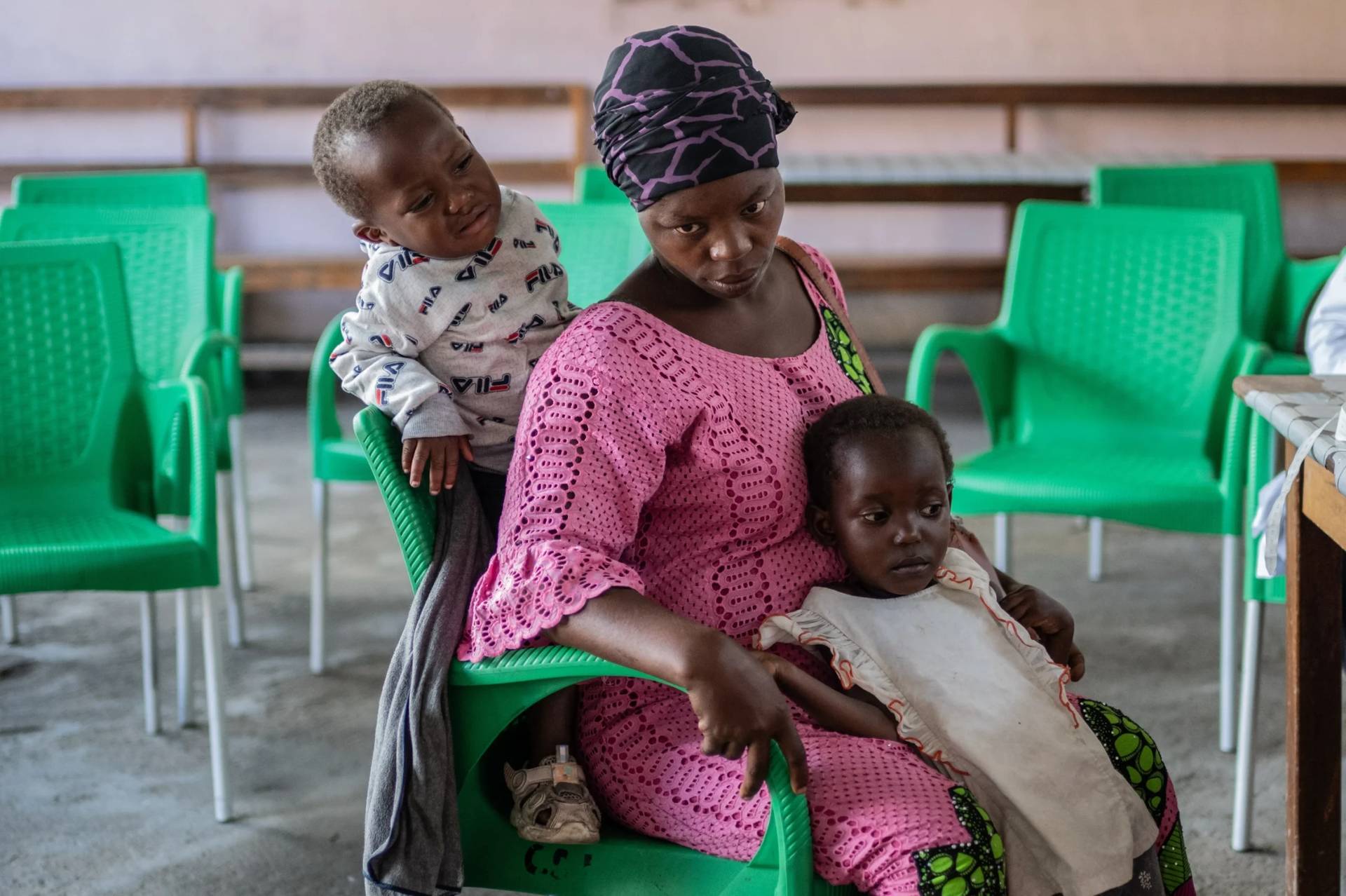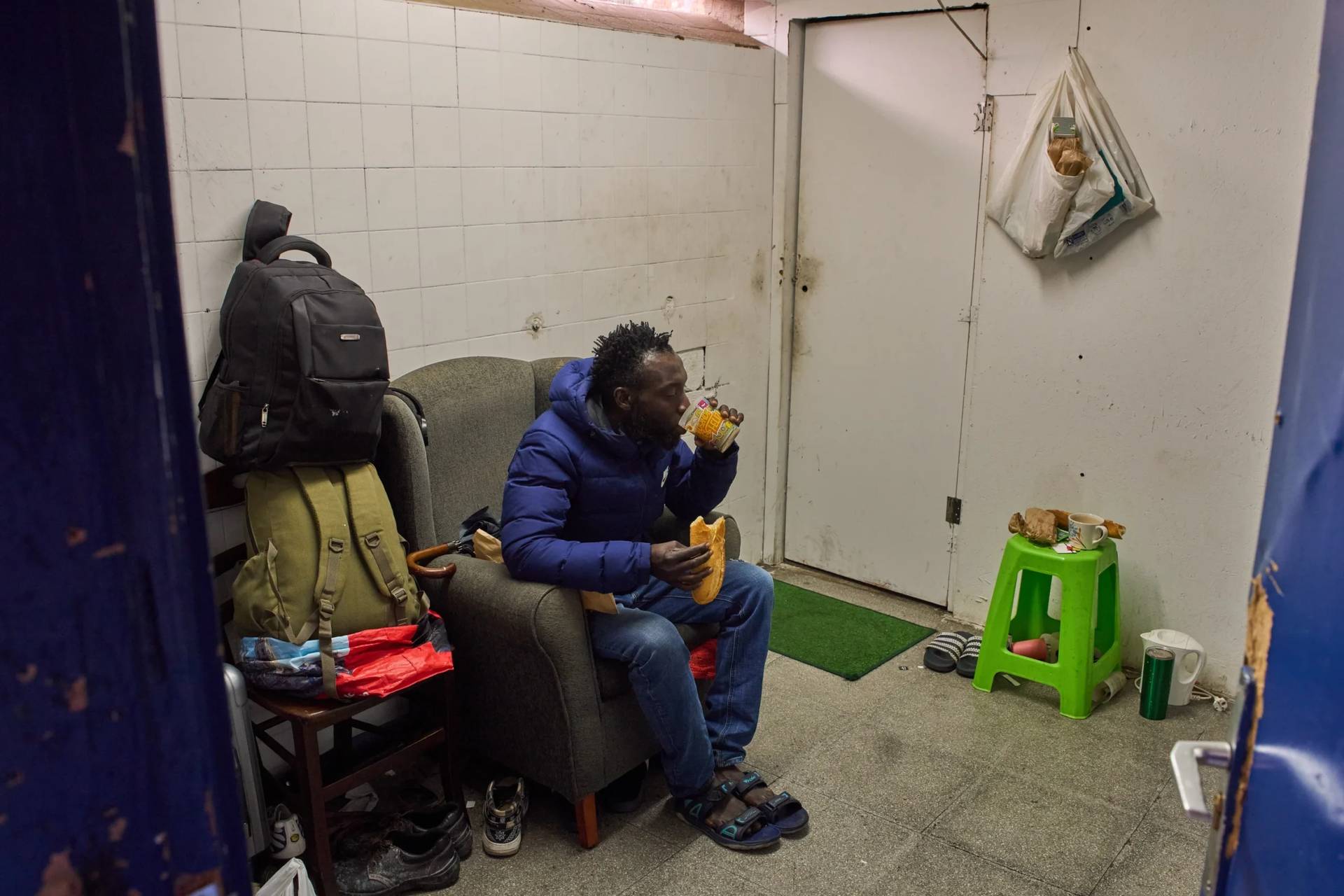In a sign of the slow thawing of relations between China and the Vatican, a Chinese state newspaper reported positively on a Vatican official’s remarks at an organ trafficking conference taking place in Beijing.
Argentine Bishop Marcelo Sánchez Sorondo, the chancellor of the Pontifical Academies of Sciences and Social Sciences, attended the conference on Thursday, part of China’s ongoing efforts to convince the world it has reformed its organ donation procedures.
In 2015, the communist country announced it was stopping the practice of using organs from executed prisoners. In 2016, official statistics stated surgeons in China had harvested organs from 4,080 donors and performed 13,263 transplant surgeries, the second highest in the world. Officials said all donors were through a registered volunteer donor system. By 2020, China is expected to surpass the United States to take the top spot.
Last month the Pontifical Academy of Sciences, the World Health Organization , the Transplantation Society (TTS), and the Declaration of Istanbul Custodian Group (DICG) — four of the most influential societies in promoting global ethical practices in organ transplantation — sent a letter expressing their appreciation for China’s efforts in organ donation and transplantation reform.
Despite the assurances of the government, many human rights activists are skeptical such numbers could be achieved through an exclusively voluntary system, especially after decades of reliance on the organs of prisoners.
RELATED: No nation is free of organ trafficking, say speakers at Vatican summit
“Without transparency, verification of alleged reforms is impossible,” said Dr. Torsten Trey, executive director of the group Doctors Against Forced Organ Harvesting.
The state-owned Global Times, an English-language newspaper, quoted Sánchez Sorondo’s positive remarks about the country.
“Pope Francis loves China and loves the people of China, its history and population. We hope China can have a great future,” he said according to the paper, which made no mention of his episcopal title.

“China could be a model we need today to respond to globalization, a model for the dignity and freedom of human beings, a model for the eradication of the new kind of slavery-organ trafficking,” Sánchez Sorondo continued.
“It is the great hope that China could be a model for all the countries, especially those in Asia and the Pacific region,” the bishop told Global Times directly in another article.
Although officials of the Vatican have attended international conferences in China in the past, state media usually does not highlight their presence.
RELATED: New bishop appointed for Diocese of Hong Kong
Sánchez Sorondo’s attendance at the Beijing conference comes six months after China’s former vice minister of health, Dr. Huang Jiefu, spoke at a Vatican conference on organ trafficking sponsored by the Pontifical Academy of Sciences.
Huang, a member of the Chinese People’s Political Consultative Congress, was the highest-ranking Chinese official ever to attend a Vatican event.
Beijing severed diplomatic relations with the Holy See in 1951, shortly after the Communist Party took power, and now the Vatican has relations with Taiwan (officially known as the Republic of China.)
Although the two sides have made gestures of reconciliation, there seems to be little progress on the major point of contention: Government control of the Church in China through the state-controlled Chinese Catholic Patriotic Association.
The patriotic association was established August 2, 1957, by the National Congress of Catholic Representatives, which also stands above the bishops’ conference, an organization that answers to Beijing, not the Vatican. The government claimed the patriotic association is a “bridge” between the church and the government.
RELATED: Chinese official indicates Beijing to retain tight grip on church
The Vatican regards the patriotic association as being incompatible with church doctrine, because its constitution advocates the principle of an independent church.
Beijing and Rome have held talks about resolving the issue of the appointment of bishops, and the possibility of the resumption of diplomatic ties, but China continues to persecute the Church. Recently the Vatican expressed “grave concerns” after bishop Peter Shao Zhumin was seized by authorities in May. His whereabouts are still unknown.













